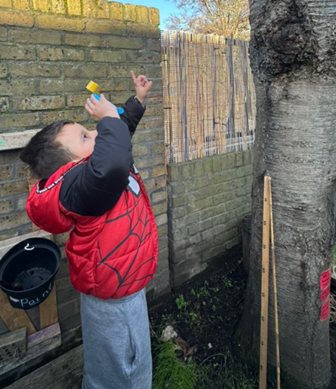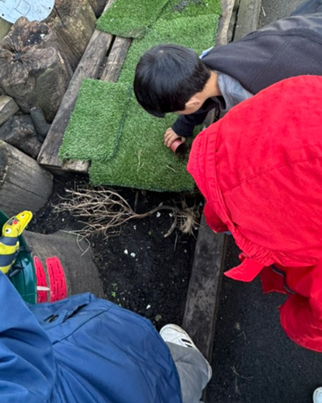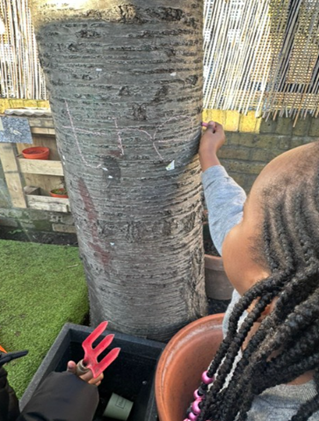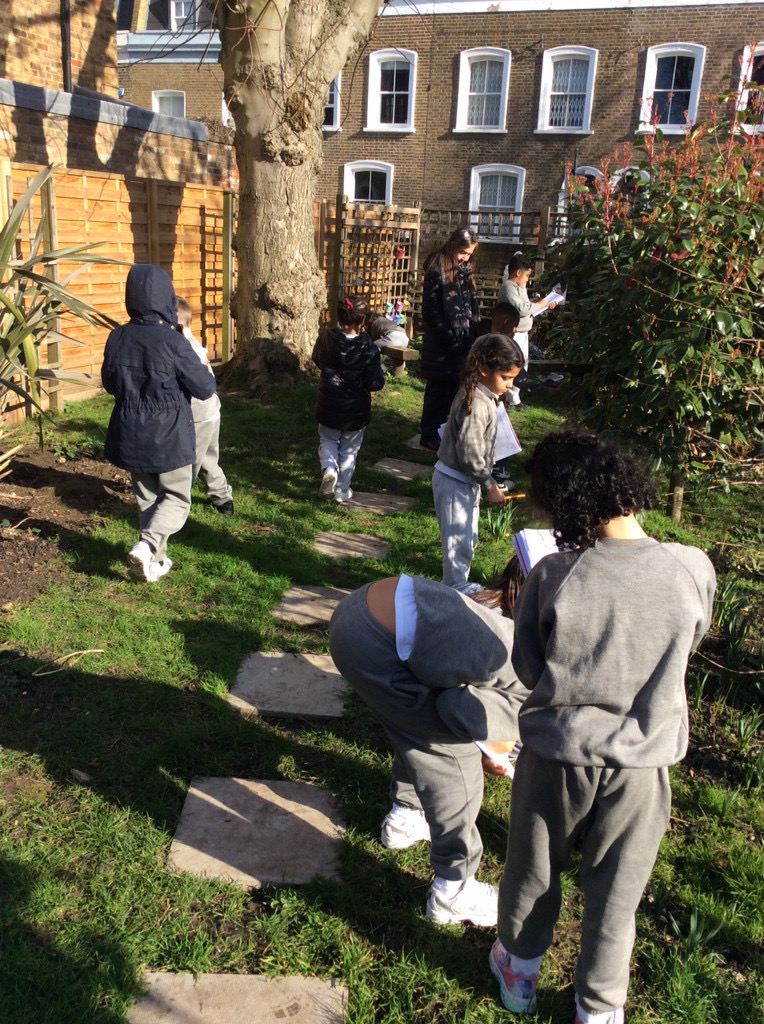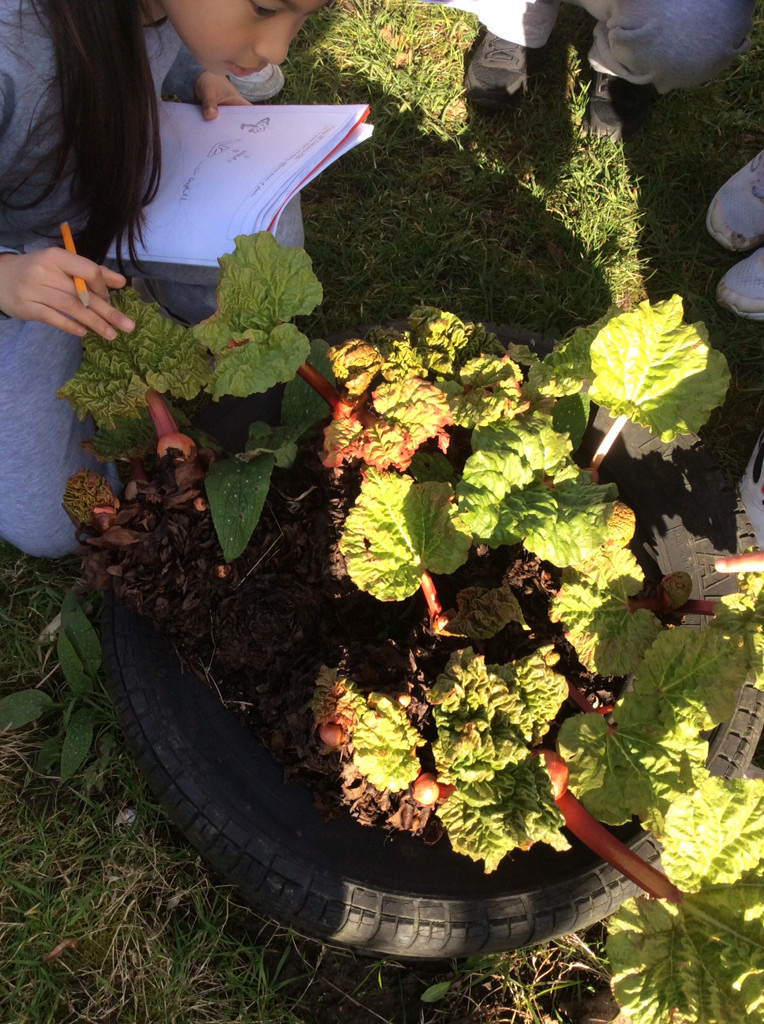Science
Science Intent
At St Mary’s Catholic Primary School, Science enables pupils to explore and discover the world around them. We provide a high-quality Science education using hands-on experience, that provides pupils with the foundations they need to recognise the importance and the impact of Science on our everyday lives.
At St Mary's, we enable children...
- To be enthusiastic, inquisitive, lifelong learners: The Science Curriculum at St Mary’s broadens pupils' knowledge of the world around them and how things work. Pupils are able to develop their ability to ask inquiry-based questions and are equipped with the skills to answer these questions.
- To be strong communicators: Pupils develop subject-specific vocabulary through the use of knowledge organisers and the review of content in mini-quizzes. Pupils develop communication skills by working in groups, pairs and having the opportunity to speak aloud to the class in science lessons.
- To be well-rounded, independent and resilient learners with aspirations: Science is all about trial and error, making mistakes and developing resilience skills. Pupils have the opportunity to ask inquiry-based questions, developing interests and passions for a range of science topics.
- To develop and use their God-given talents by being creative: Science provides pupils with a variety of activities that are taught using a range of teaching and learning styles (visual, kinaesthetic and auditory). This helps them discover their passions, relating to real world experiences, in different ways to cater to the needs and uniqueness of all pupils.
- To be responsible citizens who are eager to make a positive contribution to their community and wider society: The Science Curriculum is related to real world experiences which provide pupils with the opportunity to learn about the impact they have on everything around them and how they can make a change
Exploring nature
To develop students' understanding of the animals that live around us, they go on mini-beast hunts to search for, observe and discuss some of the creatures we have in our garden. Children have the opportunity to talk about the things we might see, hear and feel while we are in the garden.
Miguel; “I planted this plant in the garden and it grew!”
Kema: “These are little leaves.”
Steven: “I see the tree has been cut.” “These long leaves are soft and dewy.”
Ethan: “The tree is rough and bumpy.”
